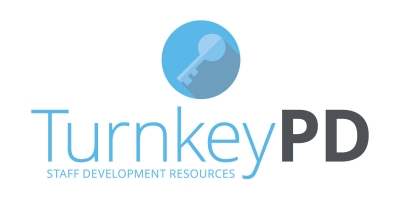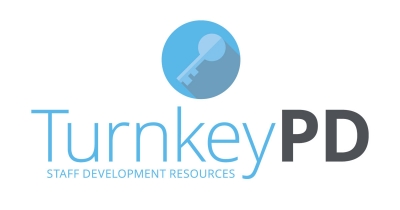1. Use the space
The space sets the tone instantly. A room in a circle sets up for participation and involvement focused on the group, versus rows facing one way sets up for more passive listening focused on the presenter. How does your space look and feel when you walk in?
2. Ask for input
Give your staff the opportunity to communicate what they want and need in the meetings. The key is in the asking so you set the tone that your staff's voice is valued, heard, and responded to. If ideas come up throughout the meeting that cannot be addressed in that meeting, put it in a 'parking lot' list that you will come back to in a future meeting. How can you involve your staff's voice in creating the agenda?
3. Give it YOUR special touch
Fresh flowers, a pitcher of water with lemon, welcoming music, gift cards for a treat, remembering people's birthday and singing to them: These are examples of the little things that make a difference in the way people feel when they attend your meetings. What are ways you can add a special touch?
4. Creating Team
This is your opportunity to team-build and work on your group's dynamics. Depending on your company and program structure, your staff may not have a regular chance to interact. Use this time to learn more about each other, to share common inspiration and purpose for the work. How can you create a connected team?
5. Celebrating Successes
Focusing on what's working keeps team morale up and momentum moving forward. Create opportunities to recognize excellence in your staff as a way to applaud and represent the expectations of your programs. Share moments to identify best practices so your team members can learn from each other and encourage each other to reach their highest potential. What can you celebrate today?
6. Make it FUN
Design your activities to be interactive and engaging. For example, an activity called Express Yourself creates an opportunity for your team to use pictures, actions, and song to share information rather than straight discussion. How can you have fun whenever possible?
7. Addressing Challenges
It's important to create a venue for sharing challenges in your meetings; whether they are challenges occurring in the programs, among staff or general struggles and frustrations. Creating this consistent environment establishes a safe space for your team to share and trust each other. Addressing challenges in a group gives your team an opportunity to learn from each other and move forward. How can you support each other through your challenges?
8. Sharing Information
Depending on how often you are able to meet with your staff, we all know there is always relevant program information to share with your team, whether it's grant requirements, upcoming events, administrative responsibilities, policy updates, etc. It's important to relay this content in an engaging, inclusive, interactive way to ensure participation and retention for success. What is coming up in the next few weeks, months, years so your staff is prepared?
9. Invest in THEIR future
Everybody needs supporters, cheerleaders and believers in their dreams so taking the time to include activities that invite your staff to share their visions and goals is a powerful way to engage them. What are your staff's visions and goals?
10. Start Centered
Whenever possible, give yourself a break before your meeting starts so you can clear your mind, review your agenda and refresh yourself. This will allow you to unplug from whatever you've been doing so you can bring a positive and open atmosphere to the meeting. Be in the room as your participants enter so you can welcome them and check in with how they are doing before you start. How can you start your meeting from a positive place?
Courtesy of The Leadership Program.




